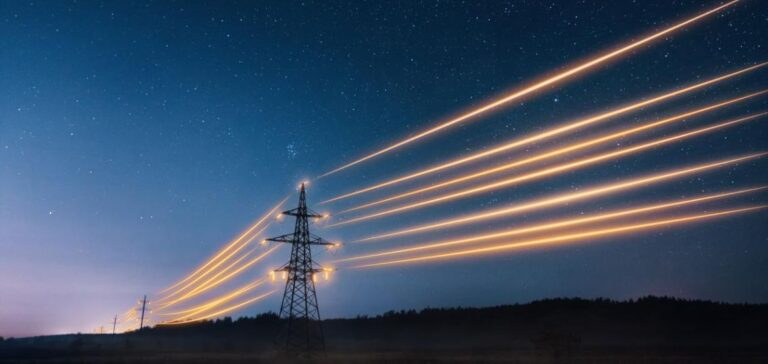The European Commission has announced the launch of a new call for proposals worth €600mn to support major cross-border energy projects. Managed by the European Climate, Infrastructure and Environment Executive Agency (CINEA), this initiative forms part of the Connecting Europe Facility for Energy (CEF Energy). Applications may be submitted until 17:00 (CEST) on 16 September 2025, with the results expected to be announced in early 2026.
Priority given to interconnection projects
Only projects listed in the official first list of Projects of Common Interest (PCI) and Projects of Mutual Interest (PMI) are eligible. PCIs refer to infrastructure connecting the energy networks of two or more EU Member States, while PMIs involve links between one or more EU countries and third countries. All selected projects benefit from preferential treatment, including accelerated permitting procedures and a streamlined regulatory framework.
The call covers both feasibility studies and construction works. An online information session is scheduled for 22 May 2025 to outline the political framework of the call and explain the evaluation and selection procedures.
Budget extended until 2027
CEF Energy has a total budget of €5.88bn for the 2021–2027 period. The mechanism supports strategic projects intended to enhance supply security and the integration of European markets. The sixth list adopted by the Union, and the first to include PMIs under the revised Trans-European Networks for Energy (TEN-E) Regulation, features 166 projects, including 85 related to electricity and smart grids.
Structural projects under legislative review
For the first time, 65 hydrogen and electrolyser projects are included, alongside 14 carbon dioxide transport network projects. The list, adopted as a delegated act, is now subject to scrutiny by the European Parliament and the Council of the European Union. Both institutions have two months, extendable to four, to accept or reject the list in its entirety.
European Commissioner for Energy and Housing Dan Jørgensen stated: “Constructing the missing links to enable uninterrupted energy flows between Member States is essential, and the role of the Connecting Europe Facility is critical in this context.”






















